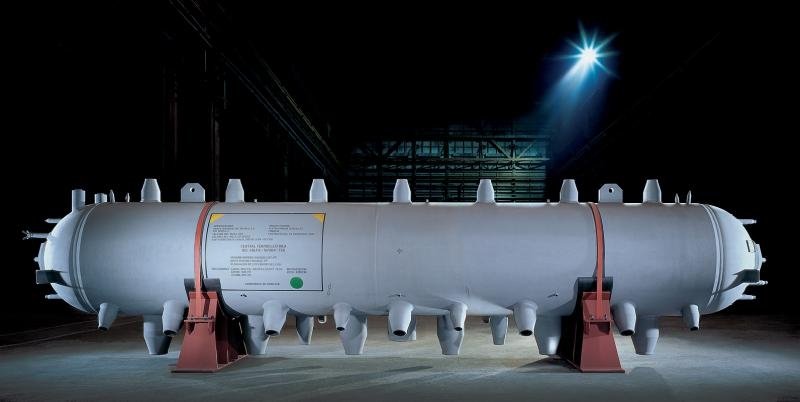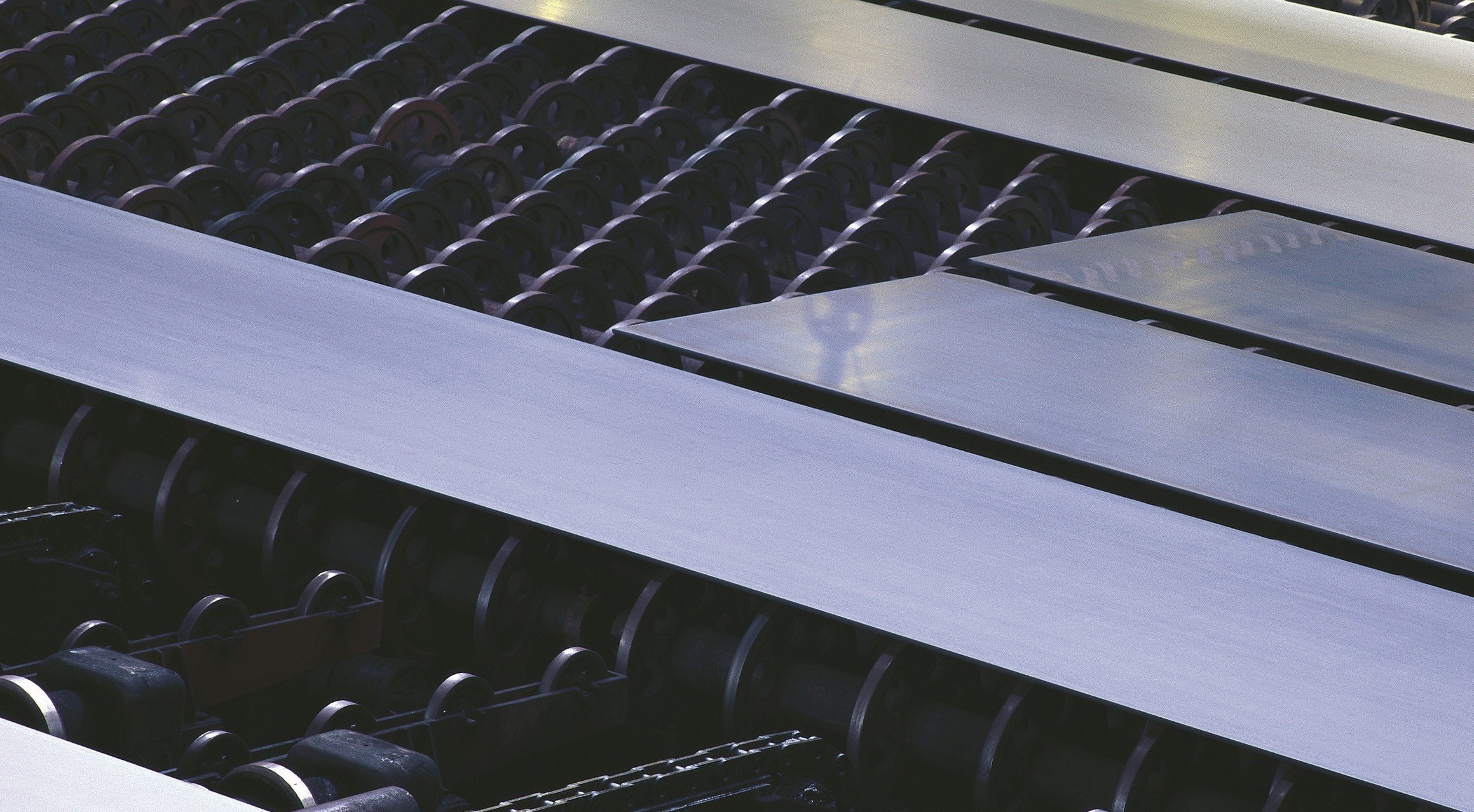These are thermomechanically rolled boiler sheets that can withstand high pressure and temperatures. Their quality, requirements for processing and properties are governed by regulation EN 10028-5. They are characterized by excellent weldability and corrosion resistance. You will use them not only in the chemical and petrochemical industry, but also, for example, in the energy sector.
Need more information? Leave us your contact information and we will get back to you within 3 days.
Properties and use of thermomechanically rolled boiler plates according to EN 10028-5
Boiler plates are distinguished by excellent resistance to high pressure, temperature and corrosion. They are characterized by excellent weldability due to their low carbon content. The impact performance of boiler plates with a minimum yield strength of up to 460 MPa, the technical requirements of which are specified by EN 10028-5, is guaranteed even at very low temperatures (down to −50 ℃).
Their properties ensure use at normal and reduced temperatures. Suitable for a range of pressure vessels and equipment. You will use them on boilers, reactors, storage tanks for liquefied natural and petroleum gas as well as gas transport containers. They are also suitable for devices working with aggressive chemicals. Boiler plates can be used in the chemical, food, pharmaceutical and petrochemical industries or in the field of energy, waste management or the environment.
Choose from a wide range of sizes. We supply sheets in the following dimensions:
- length: max. 18,000 mm,
- width: 1000-3200mm,
- thickness: 5-100 mm,
- weight: max. 12,500 kg.
The stated dimensions are only approximate. The resulting appearance depends on the combination of individual parameters and material specification. Upon agreement, we are able to produce sheet metal up to a length of 21,000 mm and a thickness of 200 mm. For more information contact us.

Basic characteristics of individual qualities
| Steel brand | Minimum yield strength ReH [MPa] |
Strength limit Rm [MPa] |
Minimum ductility [%] |
Minimum impact work KV [°C/J] |
CEV max.3) | Thickness [mm] |
|---|---|---|---|---|---|---|
| P355M/1.8821 | 3551) | 450-610 | 22 | -20/27 | 0.39 | 8-40 |
| P355ML1/1.8832 | 3551) | 450-610 | 22 | -40/27 | 0.39 | 8-40 |
| P355ML2/1.8833 | 3551) | 450-610 | 22 | -50/27 | 0.39 | 8-40 |
| P420M/1.8824 | 4202) | 500-660 | 19 | -20/27 | 0.43 | 8-40 |
| P420ML1/1.8835 | 4202) | 500-660 | 19 | -40/27 | 0.43 | 8-40 |
| P420ML2/1.8828 | 4202) | 500-660 | 19 | -50/27 | 0.43 | 8-40 |
| P460M/1.8826 | 4602) | 530-720 | 17 | -20/27 | 0.45 | 8-304) |
| P460ML1/1.8837 | 4602) | 530-720 | 17 | -40/27 | 0.45 | 8-304) |
| P460ML2/1.8831 | 4602) | 530-720 | 17 | -50/27 | 0.45 | 8-304) |
- Valid for thicknesses up to 16 mm, larger thicknesses according to the standard
- Testing by agreement, values apply to a temperature of 300 °C and a thickness of up to 16 mm, other temperatures or greater thickness according to the standard
- Maximum carbon equivalent value according to the relationship
by agreement
- Greater thicknesses for grades P460M to ML2 upon agreement
- By agreement according to EU PED 2014/68/EU and AD 2000 – Merkblatt W1/W10

